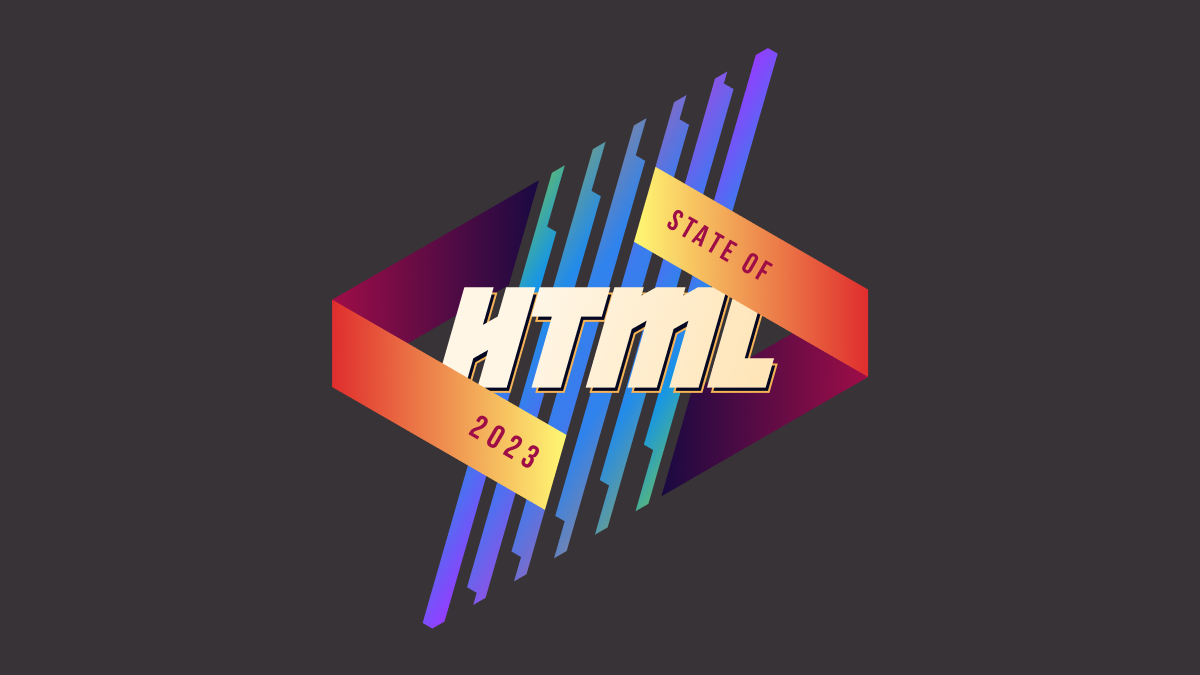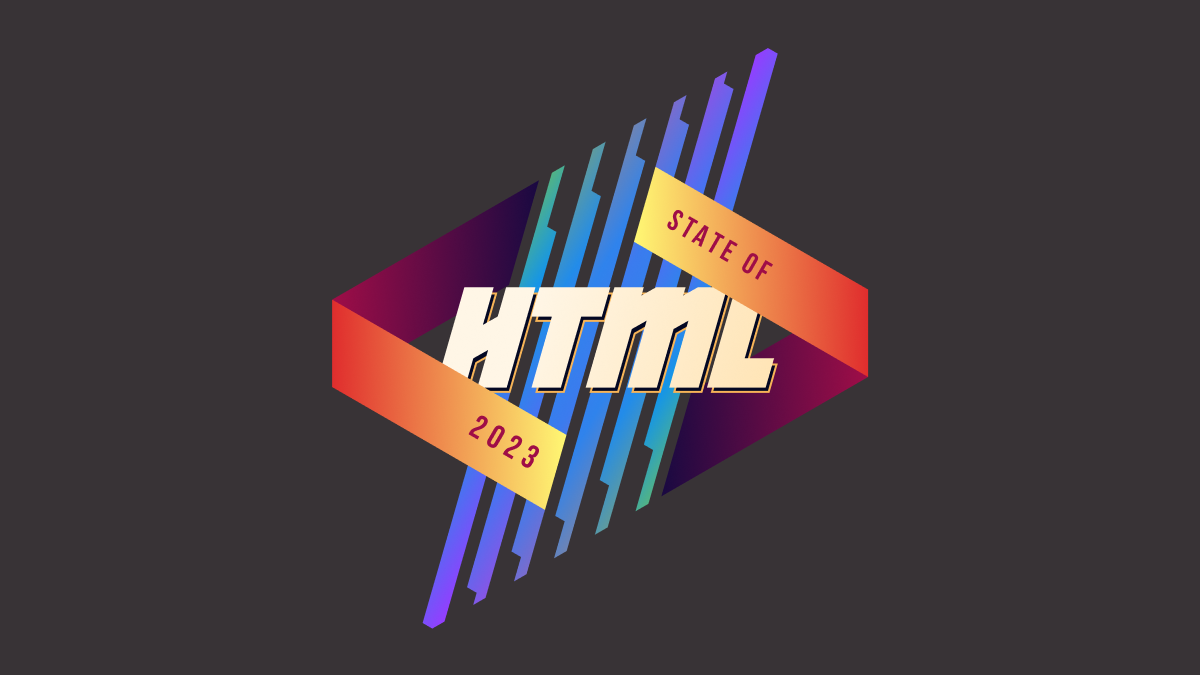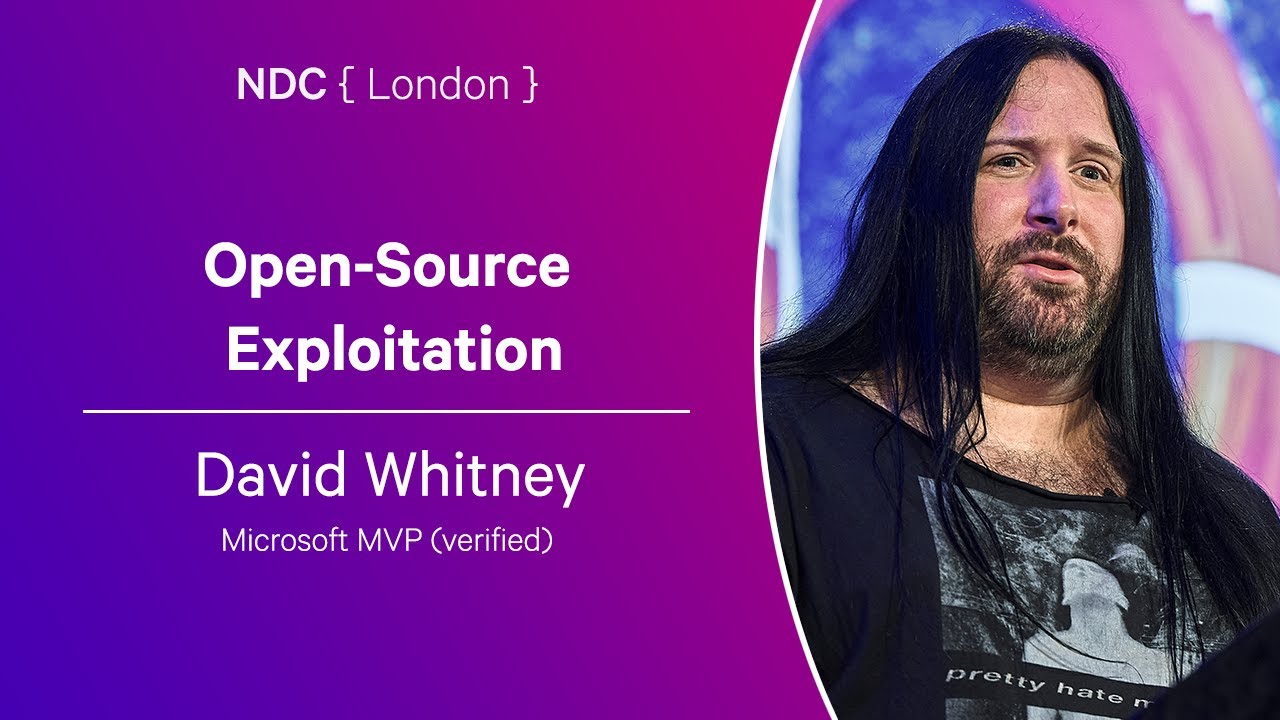

I think anyone is welcome to try this, but the core ethos of the web is backwards compatibility. To my unending irritation, even non-standard behaviors/APIs like WebUSB have become critical for sites to function.
The last time we actually dropped a feature, it was Flash, and that took a decade and there is still tons of effectively dead/permanently lost content because of it.
Creating a browser that only implements a subset of the standards is fine for very niche usecases but I don’t expect it to ever overtake the major browsers. We’ll see how Ladybird fares as it’s compatibility increases.


















This is valid if your city doesn’t have dedicated bike infrastructure that gets plowed. Snow can be hardly an inconvenience at all if bike infrastructure is treated with equal importance as car infrastructure.
Oh the Urbanity! on Youtube has a really realistic take on this in Montreal: https://youtu.be/sokHu9bhpn8?si=C_2WD0WKDMKLVXIO